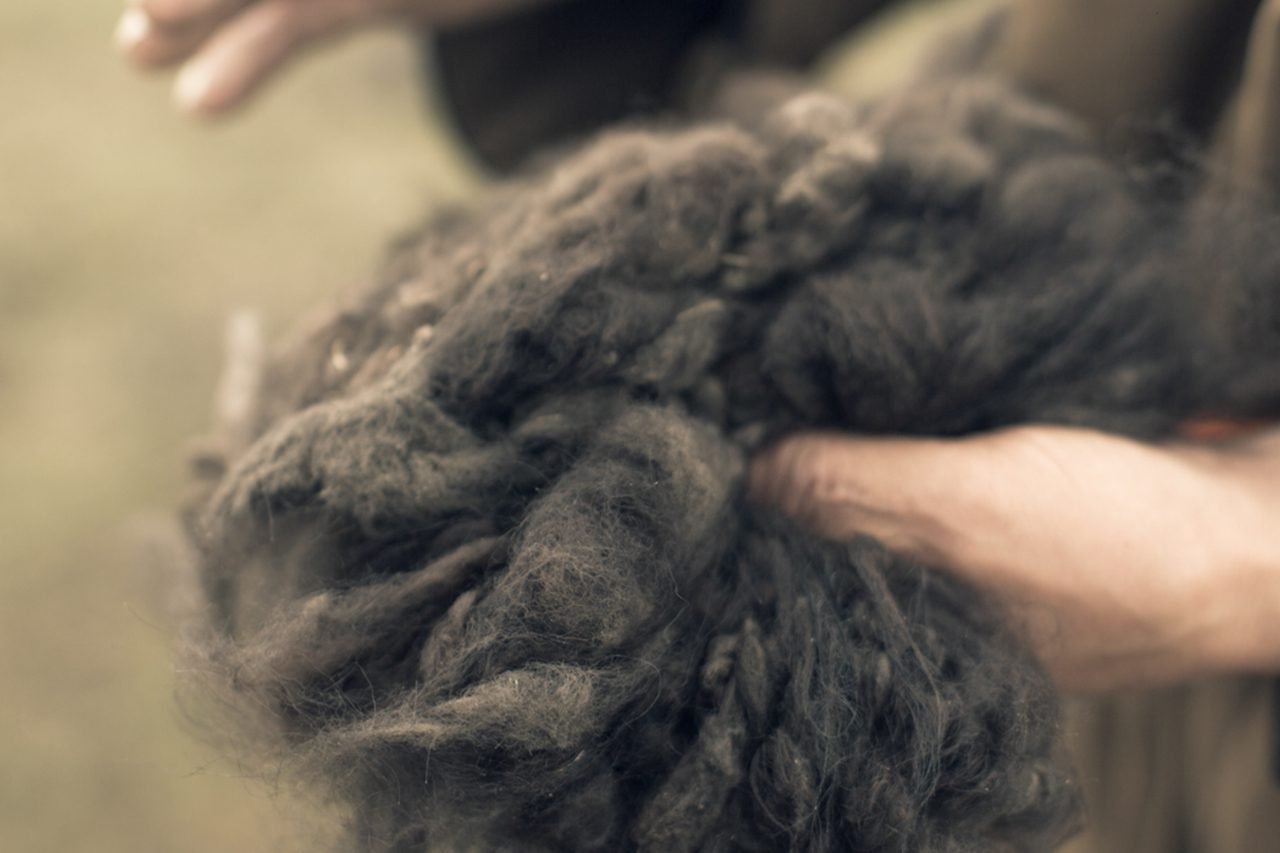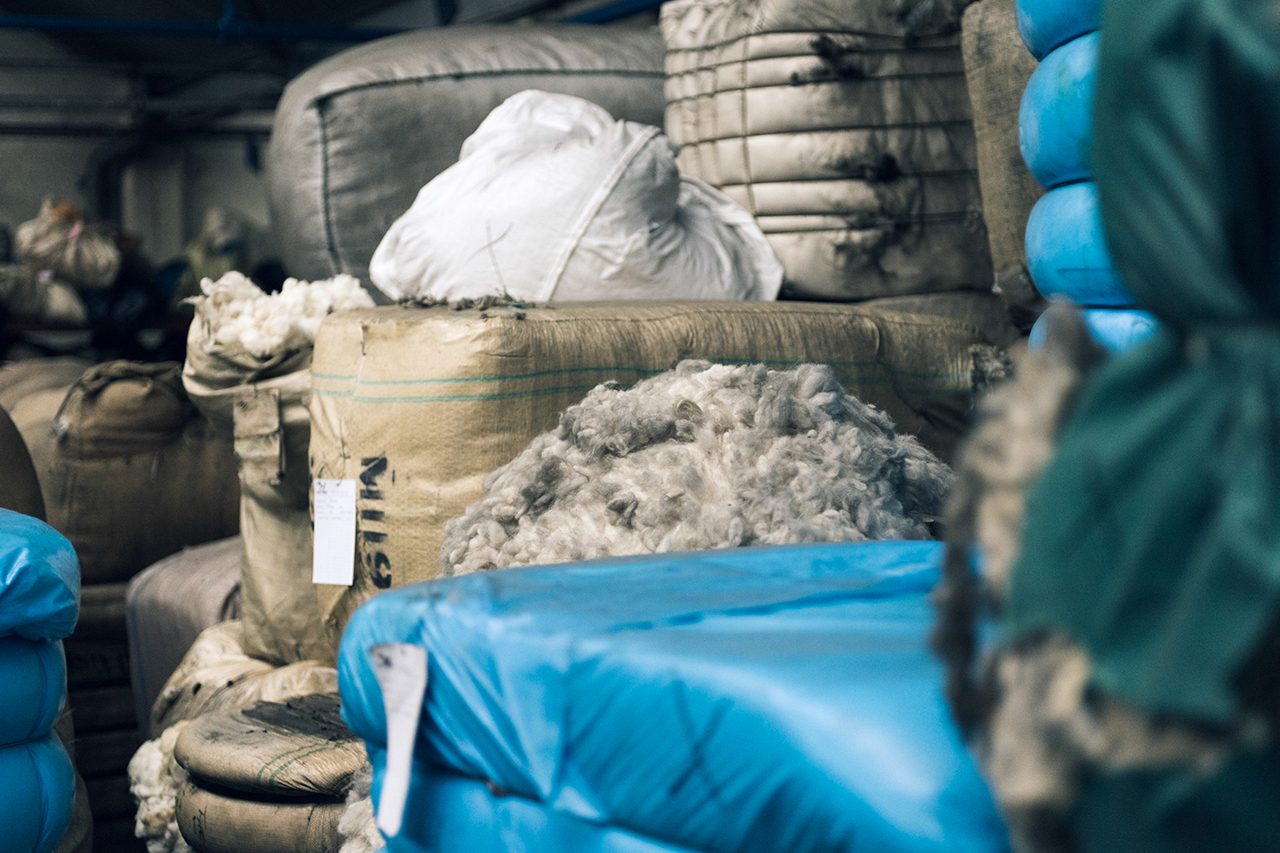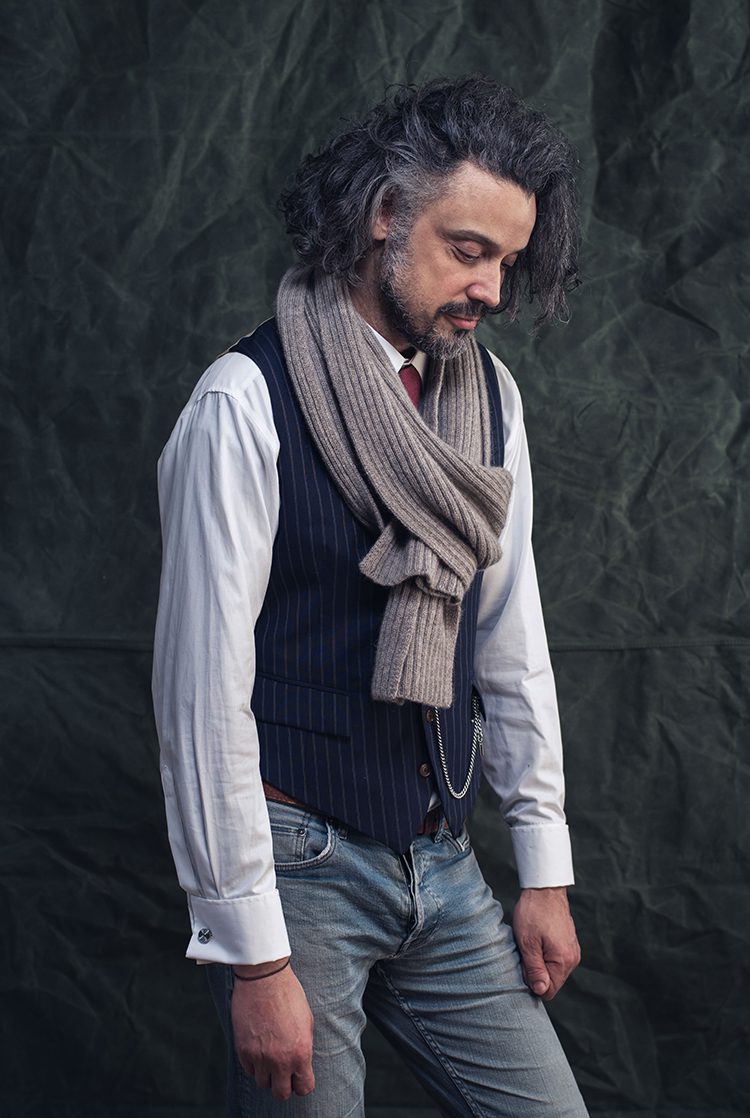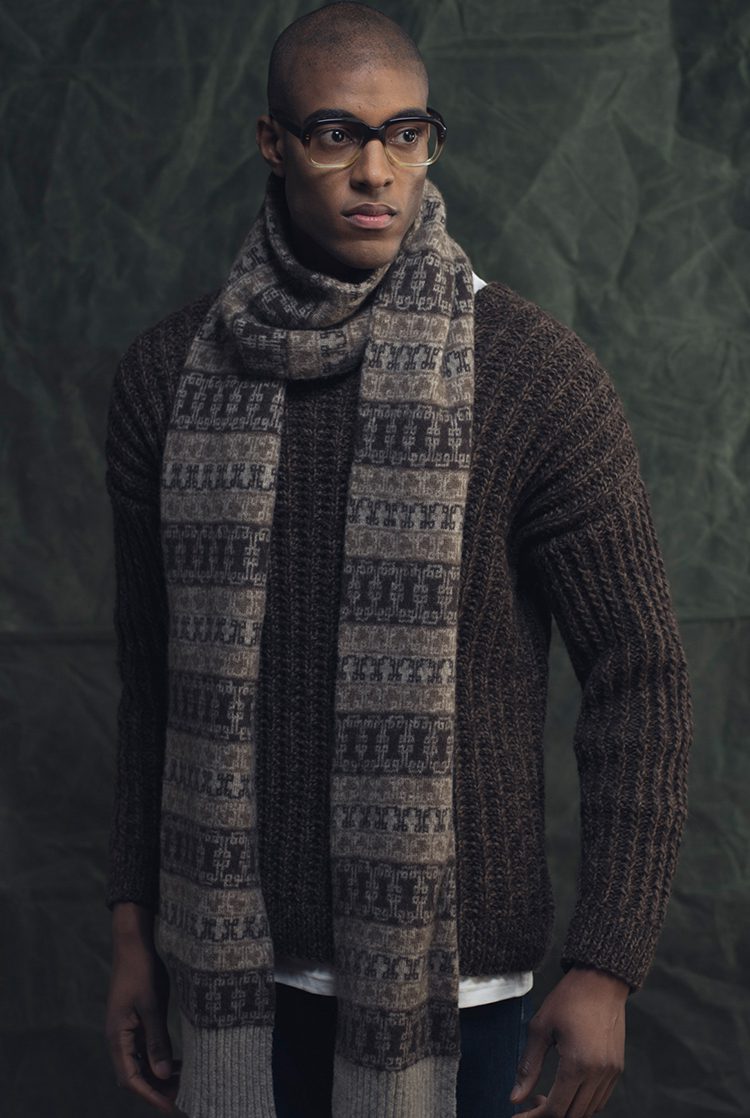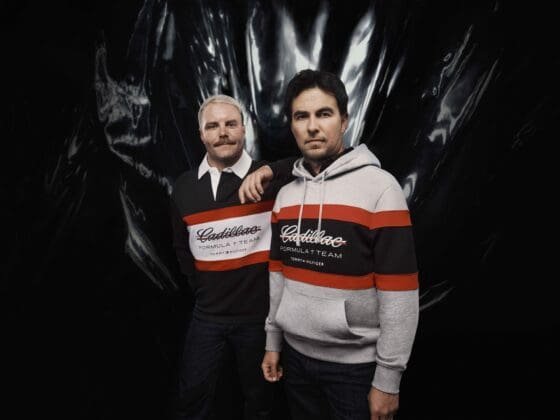As soft as cashmere, warmer than merino wool, light, breathable, durable and hypoallergenic are some of the advantages that Yak fibres and yarns have over wool. Tengri, a London-based social enterprise, creates sustainable luxury knitwear and yarns from Yak fibre, sourced from Mongolian herdsman in a transparent and sustainable manner.
Nor is one of the words by which Tibetans refer to a yak. The word literally means wealth or property. This co-relation should come as no surprise given the great dependency that the people of the Himalayan highlands, the Tibetan Plateau, and Mongolia have on this gentle and benevolent creature. For thousands of years, the yak provided man with meat, milk, cheese, butter, fuel for cooking, and fibre for warm clothing and housing. They have been used as beasts of burden and to draw ploughs.
This man-beast symbiotic relationship has come under severe threat from urbanisation and from the proliferation of unsustainable sheep herding in yak country; the latter, to supply the world’s demand for wool and cashmere. This is particularly true in Mongolia. According to the United Nations Development Programme, 90 percent of Mongolia is fragile dry-land, under constant threat of increasing desertification. Khangai Yak, being indigenous to Mongolia, live sustainably within this ecosystem. Unlike the non-indigenous cashmere goats, they don’t tear grassroots from the ground when they graze, and their large hooves don’t damage the terrain, allowing plants and other wildlife to regenerate and thrive.
Khangai yaks roam semi-wild, often at high altitudes, and endure extreme summers and harsh winter conditions. Because they graze on mineral-rich terrain, they produce coats that are robust with natural textures, and colours found nowhere else. The precious fibres are sourced only by hand-combing each yak individually, once a year, when the animals shed their winter coats.
Nomadic herders in Mongolia have largely maintained the traditional lifestyle of their ancestors, moving throughout the year between four seasonal rangelands to provide good pastures for their livestock. This method of livestock herding is in symbiosis with the fragile ecological environment of grasslands and does not result in over-grazing, which is the primary reason for desertification.
More than just a label, London-based Tengri is a collective movement and social enterprise that sources its yak fibres directly from cooperatives representing some 4,500 herder families in Mongolia’s Khangai mountains.
Having collective organisation enables herders to establish a land-use agreement with local government, protect their traditional user rights and become stewards of the land.
Once the yak fibres arrive in Britain, Tengri combines the latest innovations in textile research and development with centuries of traditional craftsmanship to transform the fibre into woven fabrics and knitwear of the highest quality. Tengri’s branded ‘Khangai Noble Yarns’ are spun and woven into fabric at a family-owned mill in Yorkshire, where skills have been passed down from one generation to the next since 1777. Tengri’s knitwear is made at the Scottish Borders, a region famous for producing the finest quality woollens for hundreds of years, where “washing every garment in the purity of local water brings out the natural softness of Tengri Noble Yarns.”
Founder and Creative Director, Nancy Johnston, leads Tengri’s design aesthetic which explores “the tension and juxtaposition of nature and urbanisation.” Tengri’s high-end, ready-to-wears are designed “for discerning and conscientious global citizens.” Tengri also offers Bespoke & made-to-measure garments. Tengri’s consultants and designers assist clients in the selection of preferred design, yarn and colours, which are then hand-framed on a hand-operated weaving machine, or hand-knitted by one of the expert hand-knitters from the Tengri collective.
Tengri has also collaborated with prestigious brands.
“We constantly strive to offer our customers the most exclusive and luxurious beds – this often means looking closely at the provenance of the carefully-selected materials we choose to use. With this in mind, we are hugely excited about our collaboration with Tengri.” – Alistair Hughes, Managing Director at Savoir Beds
The ‘Savoir No1 Khangai Limited Edition’ bed is a version of the classic launched by Savoir in 2010. It was inspired by, and exceeds, the legendary ‘No2’ bed first created for The Savoy Hotel in 1905. In 2017, they launched the Khangai variation of the ‘No1,’ using eight kilograms of Tengri’s yak fibres, hand-combed from 80 yaks to fill the legendary topper and mattress system, ensuring a sumptuous night of sleep. It was limited to just 50 pieces. Savoir and Tengri furthered their collaboration to furnishing the Savoy Hotel’s renowned suites with the ‘Savoir No1 Khangai Exclusive’ topper as part of the signature sleep experience on one of the world’s finest handcrafted beds.
“To be working with Tengri and to discover this very unique fabric is truly special. The fibres of the Khangai yak, indigenous to this very specific region of Mongolia, transcend yak yarns and cloths currently available in the luxury market.” – Pierre Lagrange, Owner of Huntsman
Tengri collaborated with Savile Row’s Huntsman to offer extremely limited-edition suiting stitched using Tengri’s Khangai Noble Yarns. Another fashion collaboration was with menswear label Harry Stedman which produced the limited-edition ‘The Mariner’ Quarter-Zip sweater. Inspired by Harry Stedman’s own sweater of the late 1950s, this high-quality knitwear is hand loomed in Scotland.
Nile & York is a British print fabric manufacturer who produces high-end classic, timeless patterns that are designed and coloured to work with single or multi-coloured fabrics. They partnered with Tengri to produce ‘Khangai Pattern Cushion Collection.’ Each piece is luxurious, as a square, elongated, or custom-made. These are the first offerings from Tengri’s interiors collection.
Tengri is listed in the Sustania100 2016 guide as one of the world’s leading sustainable business solutions, and their founder, Nancy Johnston, was presented with the Asian Women of Achievement Entrepreneur Award 2016.
Tengri’s social enterprise with nomadic herders supports the United Nations Sustainable Development Goals by promoting sustainable economic growth, ensuring sustainable production patterns, protecting and promoting sustainable natural ecosystems use and by helping to combat desertification.








